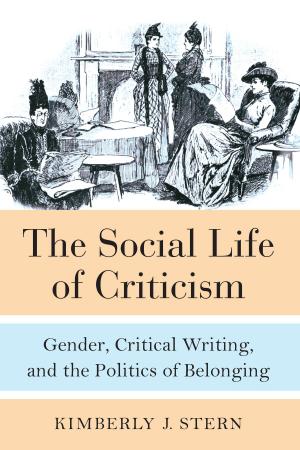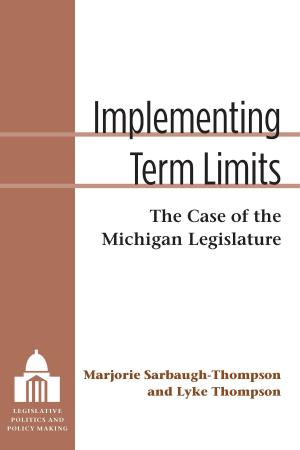The Presidential Expectations Gap
Public Attitudes Concerning the Presidency
Nonfiction, Social & Cultural Studies, Political Science, Government| Author: | Richard Waterman, Hank Jenkins-Smith, Carol L Silva | ISBN: | 9780472029716 |
| Publisher: | University of Michigan Press | Publication: | March 14, 2014 |
| Imprint: | University of Michigan Press | Language: | English |
| Author: | Richard Waterman, Hank Jenkins-Smith, Carol L Silva |
| ISBN: | 9780472029716 |
| Publisher: | University of Michigan Press |
| Publication: | March 14, 2014 |
| Imprint: | University of Michigan Press |
| Language: | English |
For decades, public expectations of U.S. presidents have become increasingly excessive and unreasonable. Despite much anecdotal evidence, few scholars have attempted to test the expectations gap thesis empirically. This is the first systematic study to prove the existence of the expectations gap and to identify the factors that contribute to the public’s disappointment in a given president.
Using data from five original surveys, the authors confirm that the expectations gap is manifest in public opinion. It leads to lower approval ratings, lowers the chance that a president will be reelected, and even contributes to the success of the political party that does not hold the White House in congressional midterm elections. This study provides important insights not only on the American presidency and public opinion, but also on citizens’ trust in government.
For decades, public expectations of U.S. presidents have become increasingly excessive and unreasonable. Despite much anecdotal evidence, few scholars have attempted to test the expectations gap thesis empirically. This is the first systematic study to prove the existence of the expectations gap and to identify the factors that contribute to the public’s disappointment in a given president.
Using data from five original surveys, the authors confirm that the expectations gap is manifest in public opinion. It leads to lower approval ratings, lowers the chance that a president will be reelected, and even contributes to the success of the political party that does not hold the White House in congressional midterm elections. This study provides important insights not only on the American presidency and public opinion, but also on citizens’ trust in government.















